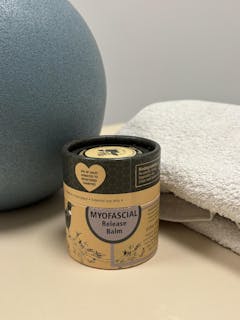Doctor’s Best Tyrosine is a conditionally essential amino acid that is a precursor to the
catecholamine transmitters, dopamine, epinephrine, and norepinephrine. These are vital messengers for the brain and the body’s other nerve networks. The thyroid gland also needs tyrosine to make the vital hormone thyroxine.
Doctor’s Best L-Tyrosine supplies the pure L form of tyrosine, an amino acid that has many important functions in the body. Tyrosine or 4-
hydroxyphenylalanine, is one of the 22 amino acids that are used by cells to synthesize proteins.
How Does It Work?
Tyrosine is perhaps best known for its crucial role in the production of certain substances that have vital messenger actions in the brain and the rest of the nervous system. In dopaminergic cells in the brain, L-Tyrosine is converted to L-Dopa by the enzyme tyrosine hydroxylase, then
to 3,4-dihydroxyphenylalanine (Dopamine), a precursor used both for the synthesis of catecholamine messengers (dopamine, epinephrine, and norepinephrine) and for making the pigment melanin.
Increasing the levels of L-Tyrosine in the brain may help to alleviate the neurological decline of catecholamines that are typically decreased in
states of dementia. Melanin, the body’s major pigment that contributes to skin, hair, and eye colour, is synthesized from LTyrosine.
Melanin is very important for regulating the skin’s exposure to ultraviolet (UV) light. The melanin deposited in skin cells forms a barrier—known as supranuclear caps—to shield our DNA from UV radiation.
The catecholamines dopamine, epinephrine (adrenaline), and norepinephrine (noradrenaline) are integral to central nervous
system functions such as cognition, emotion, memory, movement, and regulation of glands that secrete hormones into the
blood. Tyrosine at high doses has been shown to significantly promote positive behaviour characteristics (like mood) and a
superior response to stress in humans exposed to environmental or cardiovascular stressors.
The thyroid secretes two very important hormones, triiodothyronine (T3) and thyroxine (T4). These help regulate our metabolic rate, which closely approximates how intensely we manage our life processes. Hormones T3 and T4 also regulate oxygen use, cellular metabolism,
and the body’s overall growth and development. One of the several steps leading to the formation of thyroid hormones requires that enzymes attach iodine to tyrosine.
Benefits:
• L-Tyrosine, one of 22 amino acids used to make proteins, is a conditionally essential amino acid that is a
precursor to the catecholamine transmitter’s dopamine, epinephrine, and norepinephrine.
• Dopamine, epinephrine, and norepinephrine are vital messengers for the brain and the body’s other nerve
networks.
• Supports positive mood and cognitive function
• The thyroid gland uses L-Tyrosine to make the vital hormone thyroxine.
• L-Tyrosine helps prevent cognitive function in response to physical stress.
• Supports the body’s production of Melanin
• Gluten Free, Non-GMO









